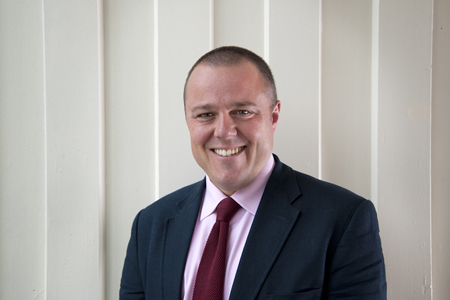Professor Forsdick: “Translating Cultures will stimulate arts and humanities scholars”
Professor Charles Forsdick, Head of the Department of Cultures, Languages and Area Studies has been announced as the Arts & Humanities Research Council’s (AHRC) Theme Leadership Fellow for Translating Cultures.
The Leadership Fellow will provide intellectual and strategic leadership for the further development of the AHRC’s themes and will work closely with senior AHRC Programmes staff to develop partnerships within and beyond academia.
The Translating Cultures theme will address issues of substantial policy relevance in areas such as cultural exchange and diplomacy, multiculturalism, tolerance, identities and migration, explore issues such as youth language and online language, and promote opportunities for researchers in all these fields to work across language areas and across disciplines.
Professor Forsdick said: “The Translating Cultures theme underpins much of the innovative and important work that students and researchers are currently conducting in the arts and humanities. It provides scope for exploration of a range of subjects characterized by historical depth, geographical breadth, cultural diversity and conceptual complexity.
Enhance potential
“Translating Cultures will stimulate arts and humanities scholars to pursue our active and critical engagement with the hypercomplexity of the contemporary world. Questions of translation, translatability and – equally, if not more importantly – untranslatability have wide-ranging implications, socially, culturally and politically, and I hope that the theme will as a result attract considerable attention within and beyond the academic sphere.
“I am looking forward to working with other award holders, AHRC staff and a wider community of scholars and other key partners to develop this theme.”
Professor Mark Llewellyn, Director of the Research at the AHRC, said: “This appointment will enhance the potential for the AHRC’s themes to generate new narratives around core questions, seek out further research opportunities and renew the dynamic nature of the academic, collaborative and partnership working made possible through such approaches.”
